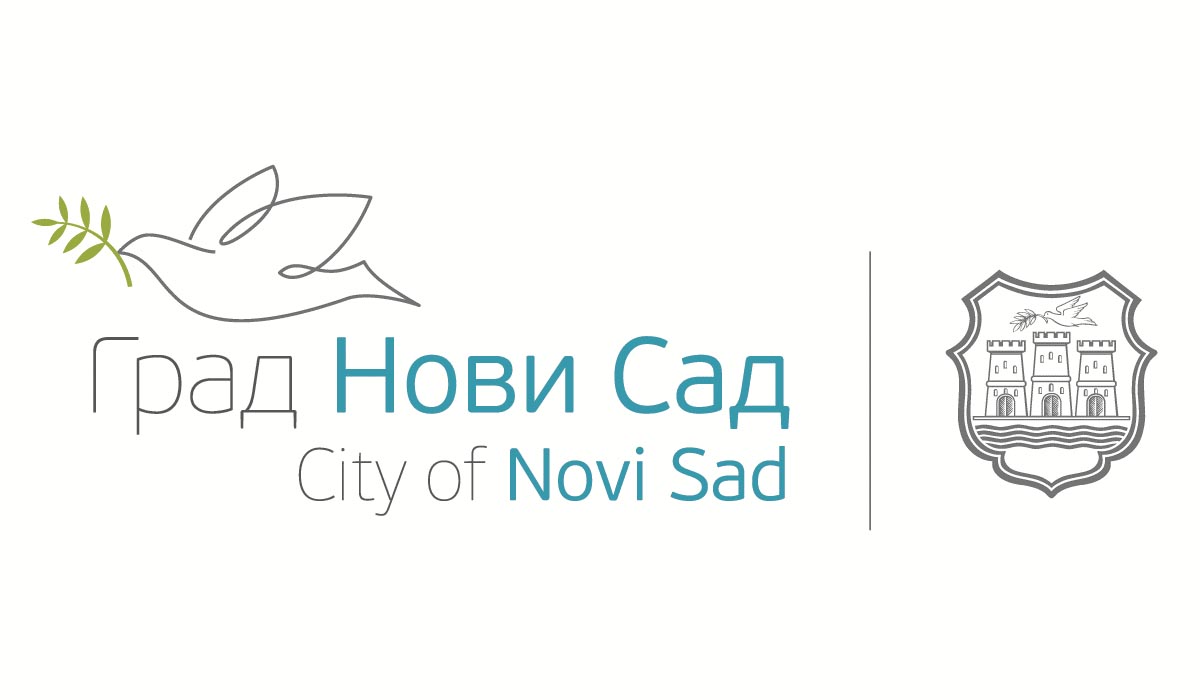THE VOJVODINIAN MOVEMENT BETWEEN A UNIFIED POLITICAL PLATFORM AND PARTY INTERESTS
DOI:
https://doi.org/10.19090/i.2013.24.427-444Keywords:
Vojvođanski pokret, Vojvodinian Movement, politics, political parties, electionsAbstract
The Vojvodinian Movement arose as an expression of dissatisfaction with the economic and political standing of Vojvodina within the Kingdom of Yugoslavia following the assassination of King Aleksandar Karađorđević, contemporaneous with the gradual formation of a multi-party Parliamentary system. The aim of the movement’s leaders was to federalise the state and to attain federal status for Vojvodina. Arguments for such a position were derived from the irresponsible policies of the regime towards Vojvodina, including failed agrarian reform which was intended to ensure social peace yet provoked a crisis, unreformed hiring practices in the administration, inequitable taxation and rampant corruption. Despite the seeming reasonableness of such critiques in the face of a difficult situation, no unified platform existed among the parties which shared such dissatisfactions. Relying first on the Sombor Resolution and later on the Novi Sad Resolution of 1932, a group of politicians – most of them involved in the passage of the Resolution, albeit belonging to different parties – attempted during the mid-1940s to create a responsible political platform for solving the problems of Vojvodina. The scope of their ambitions was matched by that of the ensuing difficulties. Despite a dynamic media presence and tireless campaign during the municipal elections of 1936, the Vojvođanski pokret or Vojvodinian Movement failed to attain more than a marginal number of seats. This failure can be attributed to several reasons. For instance, a significant number of those sharing the basic aims of the Movement were unwilling to leave their own party. Instead of cooperation, a paradoxical political situation thus arose in which the last representatives of the Movement – whose aim had been to found a party – often spent their harshest critiques not on the regime but rather on members of the opposing parties active in Vojvodina. Such infighting demonstrated that in a state burdened with unresolved ethnic problems and lacking a clear constitutional concept, the political position of Vojvodina depended on the antagonistic territorial appetites of the leading Serb and Croat political parties. Such a tendency in the political life of the Kingdom of Yugoslavia pushed aside the question of Vojvodina’s constitutional status. Moreover, the unresolved ethnic problem – despite attempts at compromise such as the Cvetković-Maček Agreement – rendered any approach at the regional level pointless in the eyes of ethnically-identified voters. The failure of the Vojvodinian Movement was therefore to be expected on the eve of World War II.Downloads
Download data is not yet available.
Downloads
Published
20. 05. 2016.
How to Cite
Марковић, С., & Гавриловић, Д. (2016). THE VOJVODINIAN MOVEMENT BETWEEN A UNIFIED POLITICAL PLATFORM AND PARTY INTERESTS. ISTRAŽIVANJA, Јournal of Historical Researches, (24), 427–444. https://doi.org/10.19090/i.2013.24.427-444
Issue
Section
Articles













